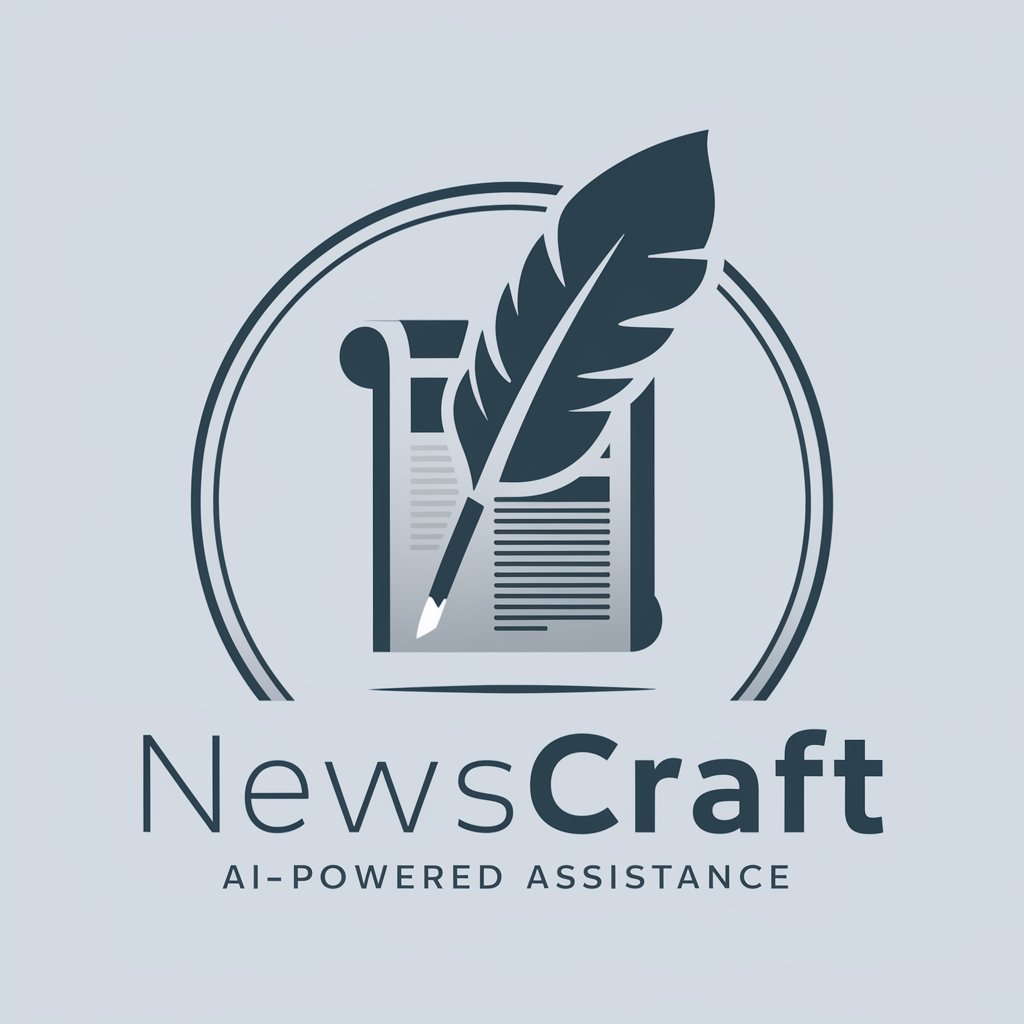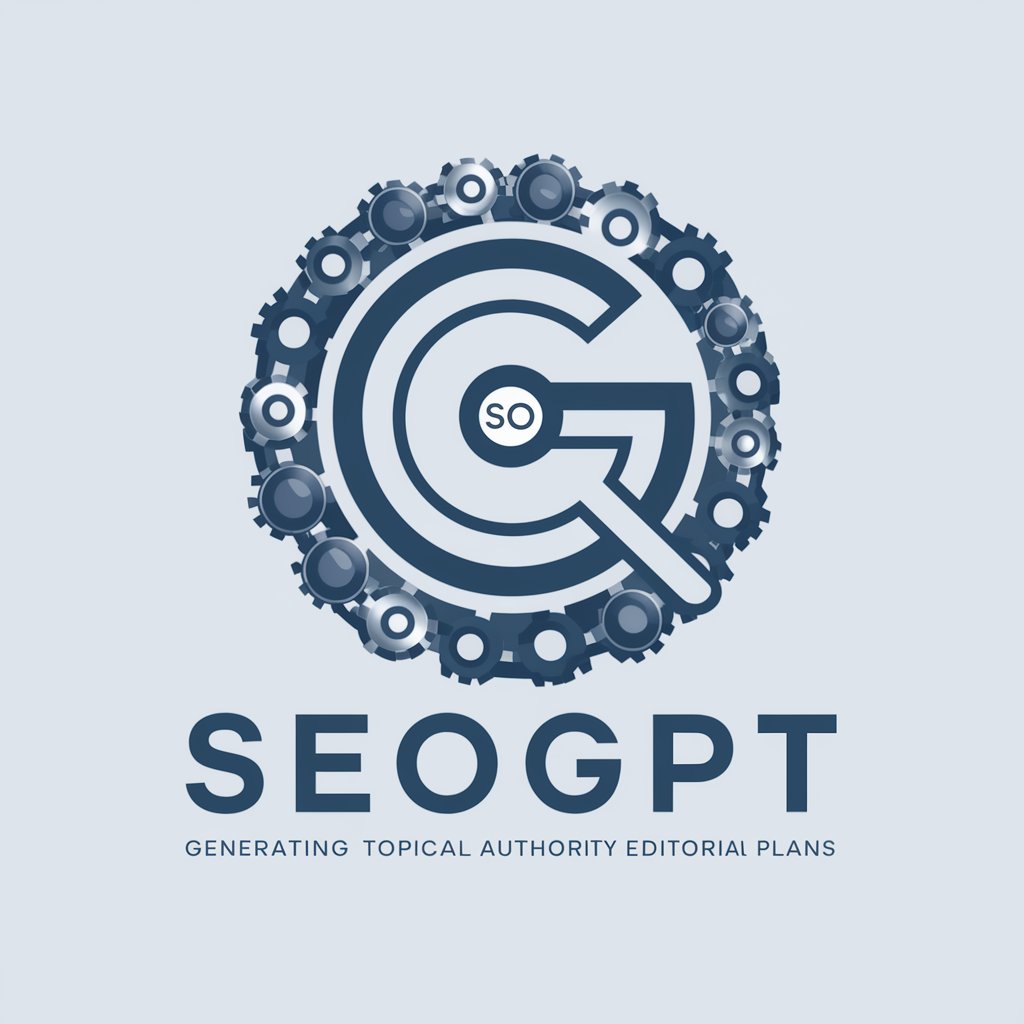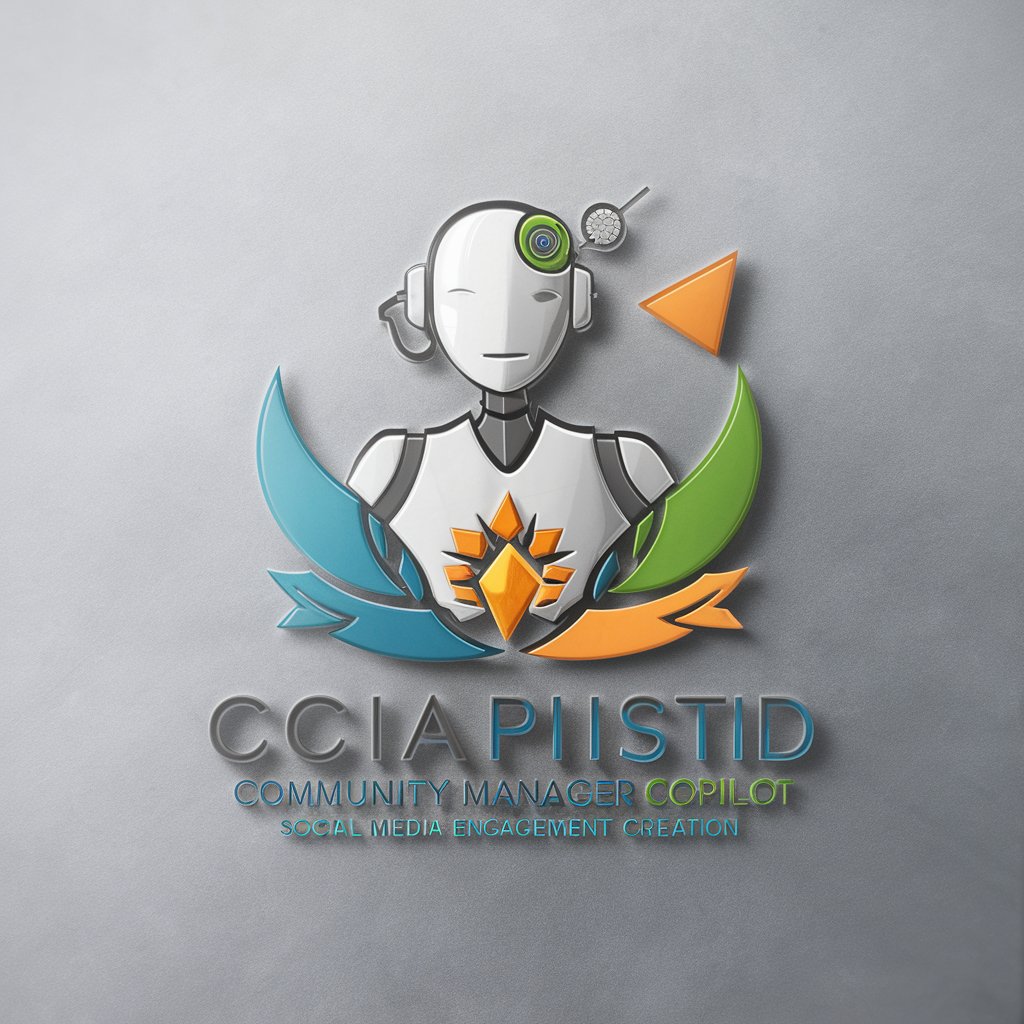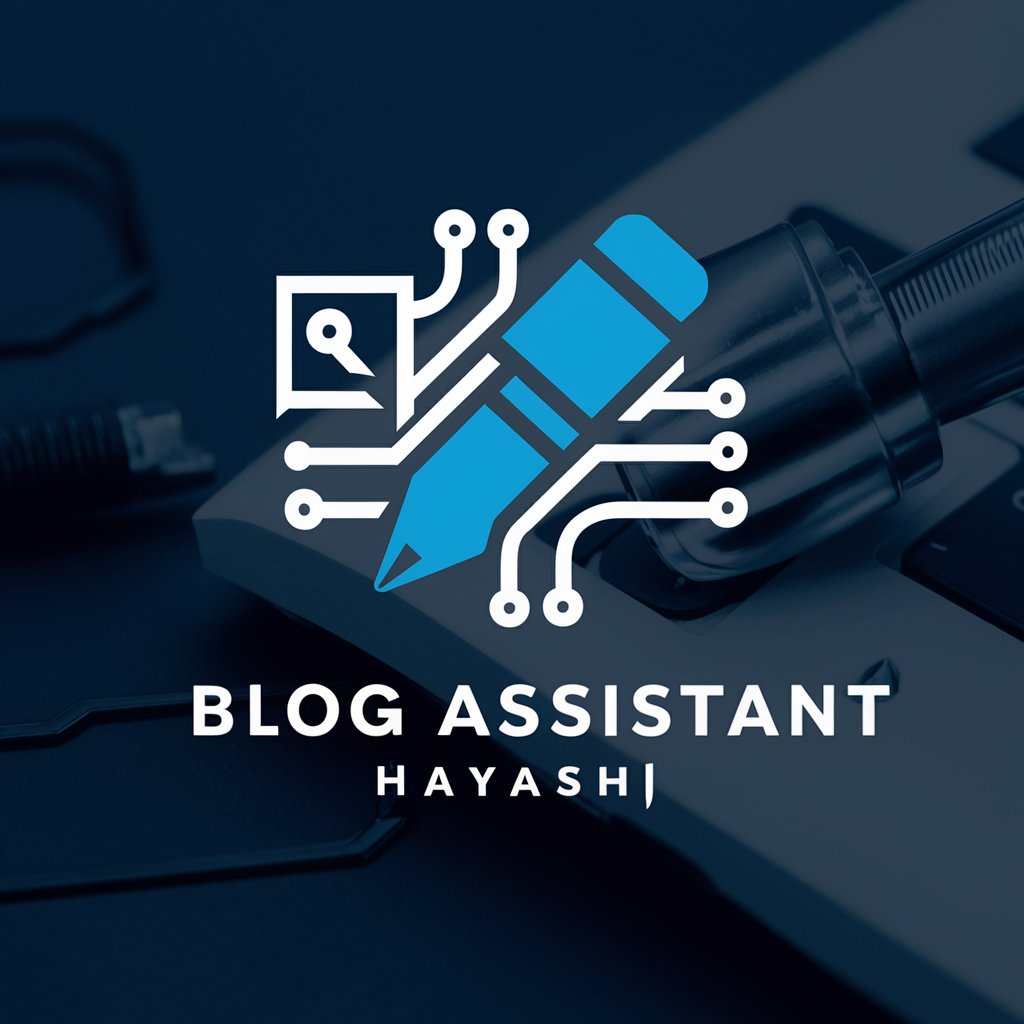13 GPTs for Editorial Planning Powered by AI for Free of 2025
AI GPTs for Editorial Planning are advanced tools leveraging Generative Pre-trained Transformers technology, specifically designed to assist in the various tasks associated with editorial content planning and management. These tools are adept at understanding and generating human-like text, making them invaluable for creating, organizing, and optimizing content strategies. They cater to the unique needs of the editorial domain by providing data-driven insights, content generation, and workflow automation, thereby enhancing efficiency and creativity in content creation.
Top 10 GPTs for Editorial Planning are: JournalismGPT - AI Assistent Of A Journalist,Authority Magazine Bot,Expand Article Outline,Angie @ Giules.com,Delfi Journalist Partner,Insightful Journalist,NewsCraft,YN Topical Authority Generator,Community Manager Copilot Works en Français,ブログアシスタント林
JournalismGPT - AI Assistent Of A Journalist
Transforming journalism with AI precision

Authority Magazine Bot
Empowering Interviews, Insightful AI

Expand Article Outline
Enhance Your Writing with AI

Angie @ Giules.com
Empowering Writing with AI Precision

Delfi Journalist Partner
Streamline Journalism with AI

Insightful Journalist
Powering journalism with AI insights

NewsCraft
Crafting News with AI Precision

YN Topical Authority Generator
Empowering SEO through AI-Driven Content Strategy

Community Manager Copilot Works en Français
AI-powered French Content Creation

ブログアシスタント林
Craft Your Blogs with AI Precision

Blog Muse
Empowering Your Creativity with AI

Mag
Empowering Creativity with AI

BlogGPT
Elevate Your Blogging with AI

Key Attributes and Functions
AI GPTs tools for Editorial Planning boast a wide array of features tailored to the editorial process. These include natural language generation for drafting articles, headlines, and summaries, sentiment analysis to gauge audience reception, trend analysis for identifying popular topics, and automated content scheduling. Special features include the ability to learn from specific language styles or formats, technical support for integrating with existing content management systems, and advanced web searching capabilities for research and data gathering.
Intended Users of Editorial AI
These AI GPTs tools are designed for a diverse audience within the editorial sphere, including content creators, digital marketers, editorial managers, and publishers. They cater to users with varying levels of technical expertise; novices can benefit from user-friendly interfaces and pre-built templates, while developers and seasoned professionals can leverage APIs and customization options to tailor the tools to specific needs and workflows.
Try Our other AI GPTs tools for Free
Practical Tools
Discover how AI GPTs for Practical Tools revolutionize tasks with advanced AI, offering tailored, efficient solutions for users of all skill levels.
Political Education
Explore the transformative potential of AI GPTs in Political Education, designed to enrich understanding through interactive, up-to-date learning experiences in political science.
ArcGIS Troubleshooting
Discover AI GPTs for ArcGIS Troubleshooting: intelligent tools designed to streamline GIS issue resolution through tailored advice and innovative solutions.
Legal Insight
Discover how AI GPTs for Legal Insight revolutionize legal research, document drafting, and case prediction, making legal processes more efficient and accurate.
Professional Services
Discover how AI GPTs for Professional Services can streamline operations, enhance efficiency, and provide tailored solutions for the professional sector.
Advanced Topics
Discover how AI GPTs for Advanced Topics revolutionize problem-solving and creativity in specialized fields, offering tailored, accessible solutions for both novices and experts.
Further Perspectives on Customized AI Solutions
AI GPTs tools for Editorial Planning not only streamline content creation but also offer customized solutions across different sectors. Their adaptability makes them an excellent fit for integrating with various workflows, providing user-friendly interfaces that require minimal technical knowledge. These tools continuously evolve, learning from user interactions to offer increasingly personalized and efficient editorial planning solutions.
Frequently Asked Questions
What exactly are AI GPTs for Editorial Planning?
AI GPTs for Editorial Planning are specialized tools that utilize AI to assist in the creation, organization, and optimization of editorial content, leveraging natural language processing to automate and enhance various editorial tasks.
How can these tools improve my editorial workflow?
They streamline content planning through automated scheduling, trend analysis, and generation of drafts, enabling more efficient use of time and resources.
Do I need programming skills to use these tools?
No, many GPTs tools are designed with user-friendly interfaces suitable for individuals without programming knowledge, though customization options are available for those with technical skills.
Can these tools generate content in any language?
Most advanced GPTs tools support multiple languages and can generate content in various languages, depending on their training data.
How do these tools ensure content originality?
AI GPTs employ sophisticated algorithms to generate unique content, but it's always recommended to review and customize the output to ensure originality and relevance.
Can I integrate these tools with my existing CMS?
Yes, many AI GPTs offer APIs and technical support for integration with existing content management systems, allowing for a seamless workflow.
Are there any privacy concerns with using AI GPTs in editorial planning?
While AI GPTs are generally designed to be secure, it's crucial to choose tools that comply with data protection regulations and to consider the privacy policy of the provider.
What kind of support can I expect when using these tools?
Most providers offer technical support, including documentation, tutorials, and customer service, to assist users in maximizing the tool's potential.